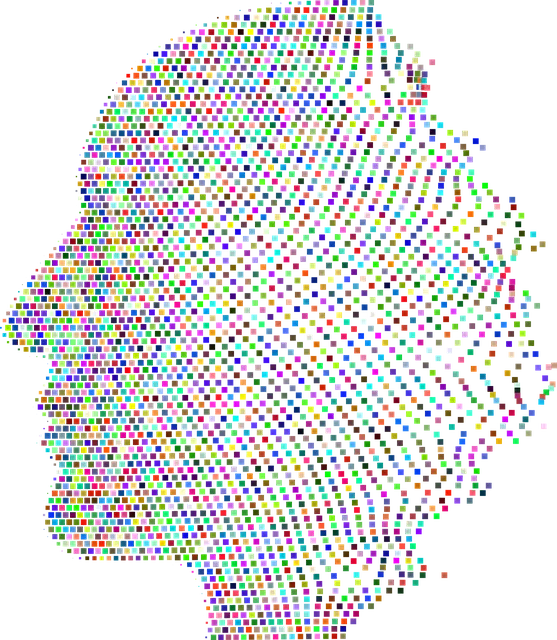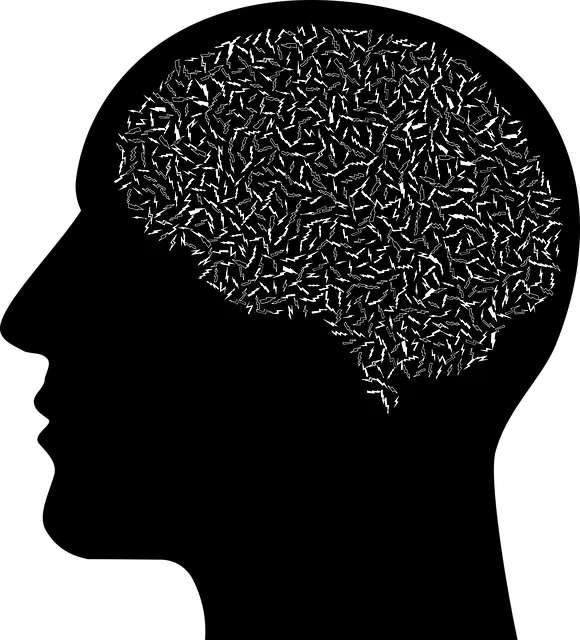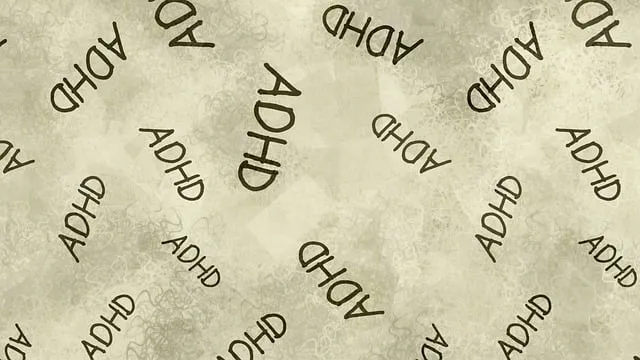Kaiser Permanente training programs in Aurora prioritize community engagement through tailored initiatives. Their approach combines interactive workshops, skill development, and discussions to address unique health and mental wellness needs. Emphasizing effective communication, these programs bridge access gaps and build trust across diverse communities. Success is measured through data-driven evaluation, ensuring continuous improvement and relevance.
Community outreach is a powerful tool for organizations like Kaiser Permanente to foster positive change. This article explores the strategic implementation of community outreach programs, highlighting successful models such as Aurora’s approach. We delve into critical aspects like understanding local needs, designing impactful training, and effective communication strategies. By examining these components, we provide insights inspired by Kaiser Permanente’s initiatives, offering a roadmap for organizations aiming to engage diverse communities through meaningful programs.
- Understanding Community Needs: Kaiser Permanente's Role
- Designing Training Programs for Maximum Impact
- Aurora's Approach: Engaging and Diverse Communities
- Implementing Effective Communication Strategies
- Measuring Success: Evaluation and Continuous Improvement
Understanding Community Needs: Kaiser Permanente's Role

Community outreach programs play a vital role in addressing diverse healthcare needs across different populations. Organizations like Kaiser Permanente Aurora recognize the importance of understanding local community dynamics and unique challenges. By implementing tailored training programs, such as Compassion Cultivation Practices and Healthcare Provider Cultural Competency Training, Kaiser Permanente equips its staff with essential skills to deliver quality care. These initiatives ensure that healthcare providers are sensitive to cultural nuances, fostering better patient-provider relationships and improved health outcomes.
Moreover, addressing mental health is a key component of community outreach. Kaiser Permanente’s focus on Mood Management training empowers healthcare professionals to recognize and respond effectively to mental health concerns prevalent within the community. This holistic approach not only enhances individual well-being but also contributes to building resilient communities where residents have access to comprehensive support systems.
Designing Training Programs for Maximum Impact

Effective community outreach programs rely on well-designed training to empower participants and foster meaningful change. At Kaiser Permanente in Aurora, we understand that tailored training is key to maximizing impact. Our approach involves creating comprehensive programs that address the unique needs of the communities we serve. This includes incorporating interactive workshops, practical skill-building sessions, and engaging discussions to promote active participation. By combining theoretical knowledge with hands-on experiences, our training programs aim to strengthen individuals’ inner strength and resilience.
In addition to enhancing mental wellness, these initiatives focus on empowering participants through Mental Health Policy Analysis and Advocacy. We believe in equipping individuals with the tools to navigate systemic challenges, advocate for their mental health needs, and contribute to shaping inclusive policies. Through dynamic training methodologies, we strive to create a ripple effect, encouraging participants to become agents of positive change within their communities.
Aurora's Approach: Engaging and Diverse Communities

Aurora’s Approach focuses on engaging diverse communities through innovative programs that cater to their unique needs. Recognizing the importance of Kaiser Permanente training programs, Aurora designs workshops and seminars that educate community members about health, wellness, and mental well-being. These sessions are interactive, promoting active participation from attendees, which fosters a deeper connection between healthcare providers and the served populations.
Beyond traditional training, Aurora implements Public Awareness Campaigns aimed at promoting positive thinking and emotional regulation within these communities. By leveraging various media platforms, they ensure that their messages reach diverse audiences in a relatable manner. This multifaceted approach not only addresses immediate health needs but also contributes to long-term community development by empowering individuals with skills for coping with challenges and improving their overall quality of life.
Implementing Effective Communication Strategies

Effective communication is a cornerstone of successful community outreach programs, and Kaiser Permanente training programs Aurora prioritize this aspect. When implementing a Community Outreach Program, ensuring clear and consistent communication can bridge gaps between healthcare services and diverse communities. This strategy is especially crucial in addressing health disparities, as it fosters trust and encourages community members to engage with healthcare providers.
The Mental Wellness Coaching Programs Development, for instance, leverages culturally sensitive communication techniques to create safe spaces where individuals feel comfortable discussing their mental health concerns. Healthcare Provider Cultural Competency Training plays a vital role here by equipping staff with the knowledge and skills to communicate effectively across different cultural backgrounds, ensuring that outreach efforts resonate with the communities they aim to serve.
Measuring Success: Evaluation and Continuous Improvement

Measuring success is a vital component of any community outreach program, especially when initiatives like Kaiser Permanente’s training programs in Aurora aim to foster Mental Health Awareness and promote Self-Care Practices. The evaluation process involves assessing both immediate outcomes and long-term impact. By collecting data on participant engagement, knowledge retention, and behavior changes, organizations can gauge the effectiveness of their efforts. This data-driven approach allows for continuous improvement, ensuring that programs remain relevant and tailored to the evolving needs of the community.
For example, Kaiser Permanente’s Mental Wellness Podcast Series Production could utilize feedback forms, interviews, and tracking participation rates to evaluate its reach and influence. If initial assessments reveal high interest but low completion rates for online modules, the program can adapt by incorporating more interactive elements or offering flexible delivery options. Such iterative improvements are key to creating sustainable outreach initiatives that truly make a difference in fostering mental wellness within the community.
Community outreach initiatives, like those implemented by Kaiser Permanente and Aurora’s innovative strategies, are pivotal in fostering inclusive health solutions. By understanding diverse community needs, designing impactful training programs, and employing effective communication, these organizations ensure their efforts resonate deeply. As demonstrated by Aurora’s success, engaging and diverse communities through tailored programs can lead to significant improvements. Continuously evaluating and refining these outreach methods, as Kaiser Permanente exemplifies, is key to long-term positive change, solidifying the role of such initiatives in modern healthcare landscapes.






